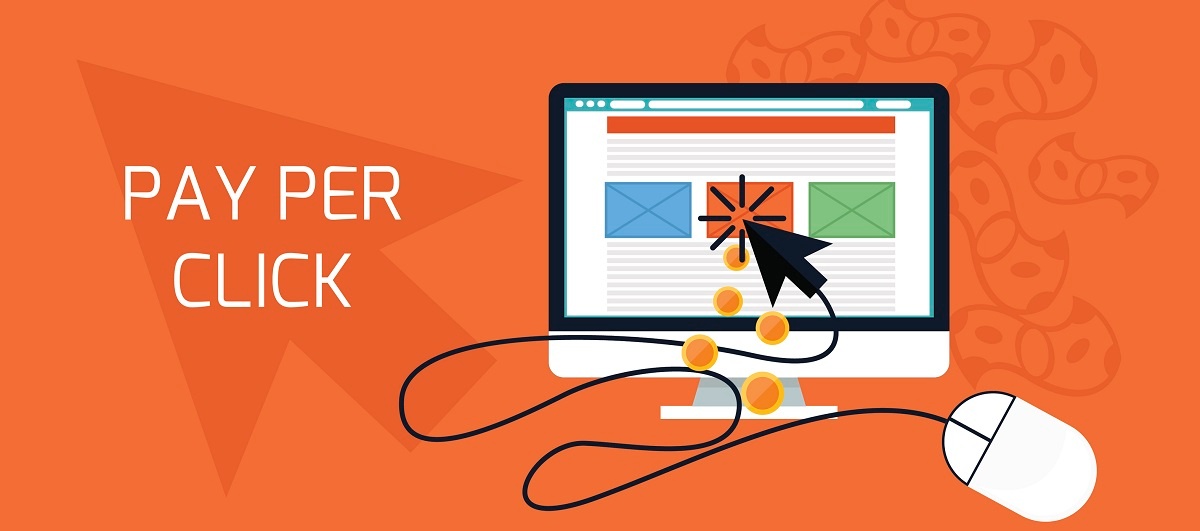Getting the attention of potential visitors or customers is always challenging. Although the digital age has given us the tools to reach and engage with more individuals, despite geographical borders, it’s still tricky to be seen and heard when promoting your destination thanks to the immense volume of competition and content out there.
Having a remarkable website that really sells your destination’s unique offer, effective social media activity, sustained PR, impactful e-communications - amongst a whole bunch of other marketing and communications tactics - can all help increase your visibility.
For immediate results that guarantees visits to your website, and encourages people to take specific actions, Pay Per Click (PPC) activity is highly recommended; driving interest, awareness of your destination or tourism brand and actual visits.
What is Pay Per Click
Pay Per Click can be an economical way to increase the number of users (and potential visitors) who visit your destination’s website. Budget is allocated per click, so you only pay when someone clicks on your advert to visit your site. Adverts are served to people either in search engine results or, in some cases, on relevant websites based on user search terms and the keywords associated with your destination marketing campaign.
If you’re looking to plan and implement a PPC marketing campaign for your destination, we’re here to help. To get you started we’ve pulled together key areas and points you should be considering, to ensure your campaign runs smoothly and provides real value in the promotion of your destination.
How to plan a PPC destination marketing campaign:
Set a budget
When it comes to setting a budget you should set maximum costs per click at keyword level, and a daily budget too. This will ensure you only pay what a click is worth to you, and that you can simply manage daily, weekly and monthly budgets so costs don’t ever spiral out of control.
To understand how much your budgets should be, we recommend working backwords to understand the maximum amount you’re willing to pay for each keyword click, based on the likelihood of conversions or visits later down the line.
Be specific
There is no point in paying for traffic that won’t convert into visits or bookings for your destination or tourism brand. When setting up your Pay Per Click campaign, avoid broad keywords where people are conducting initial research – and instead focus budgets on keywords that are ready to make a purchase decision. So for instance, if you’re a spa hotel based in the Lake District - you may want to avoid more generic terms such as “Lake District holiday” and instead focus budget towards more specific and relevant keywords like “spa hotel near Ullswater” or “weekend spa stay Pooley Bridge”.
To ensure your campaigns remain targeted, make use of negative keywords and exclusion options to ensure your campaigns and clicks are only focused on the most relevant and specific search results.
Know your audience
Speaking of being specific, it’s imperative you know your audience, and know them well. This way you can build audiences for your PPC campaigns to make sure you’re only reaching people who are likely to engage with your destination brand. Factors such as location, demographics and browsing device can all be incorporated into your PPC activity.
You may also want to consider building remarketing audience lists to re-engage those who have already shown an interest in your tourism or leisure company, encouraging them to make that online booking, or buy special event tickets – with adverts based on the pages of your website they've already visited.
Landing pages
Impactful landing pages are key to successful PPC campaigns. They should provide helpful, relevant and engaging content that directly relates to search terms and your adverts.
Part of getting your landing pages right is knowing your audience – if you know who’s likely to be visiting your website and what it is they’re looking for your content can be crafted to appeal specifically to them; use language and offers that really appeal to them, encouraging them to take action.
Remember though, you can’t expect your readers to do what you want them to do without telling them to do it. If you want them to download a brochure or book tickets, tell them what it is you want them to do using clear, concise and actionable language. Make sure your call-to-action is positioned in an obvious place for maximum impact - it doesn’t have to sit at the end if it makes sense to place it earlier in the content.
Keep optimising
You can always do better. Keep monitoring and evaluating your PPC campaign - as you would with your other destination marketing activity. Continue using A/B split tests on your adverts and landing pages to continually improve and drive results that are increasingly cost-effective. You should readjust budgets, and amend campaigns based on seasonal trends, new offerings or different audiences to boost your reach and support ROI on your PPC activity.
If you need PPC support – talk to our online marketing experts. At r//evolution we’re specialists in destination marketing and this, combined with our knowledge of Pay Per Click means we can support our business in achieving the most from your marketing campaigns. Get in touch today to see how we can support your destination or tourism brand to reach your objectives.





